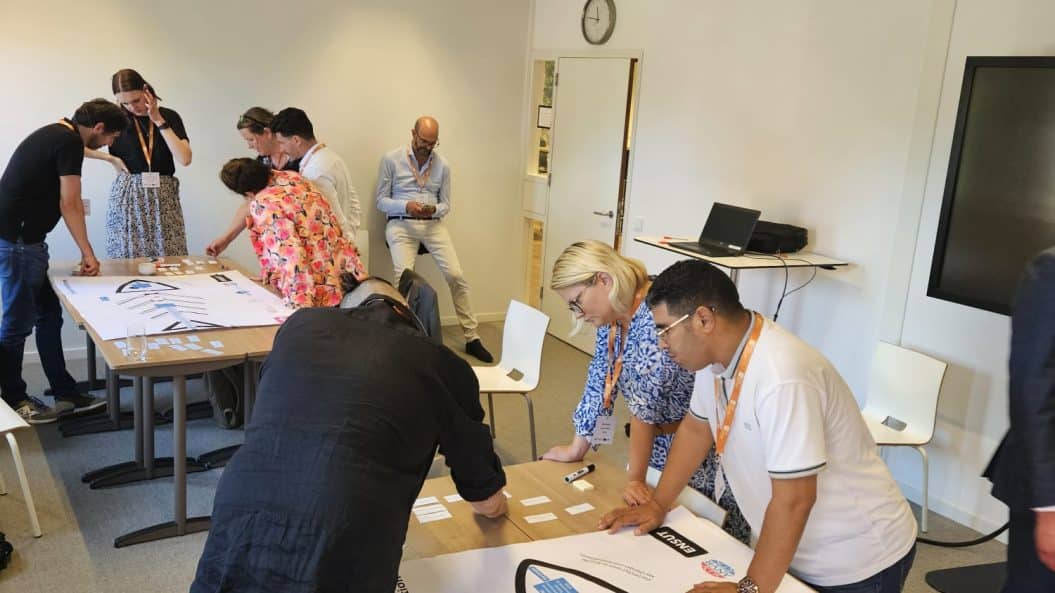Keynote Frank Radstake: Towards a Future-Proof Travel Sector
At the recent ATLAS Conference, Frank Radstake delivered a powerful keynote on the new sustainability ambitions of ANVR and the Dutch travel industry. Developed in collaboration with CELTH, these goals emphasize the necessity of a multi-stakeholder approach across the entire supply chain. Radstake stressed the need for extensive action and highlighted the European Union’s pivotal role in making sustainable mobility solutions more accessible.
Advancing Sustainable Travel: Ko Koens and ENSUT’s Contribution
Following Radstake’s keynote, the conference featured a panel discussion on sustainable travel and future priorities, with Ko Koens as one of the panelists. Koens provided valuable insights into the strategic planning required to achieve long-term sustainability in the travel sector, reinforcing the themes highlighted by Radstake.
One of the most impactful sessions at the conference was the workshop conducted by ENSUT, titled “From Vision to Strategy: Operationalizing the Sustainability Vision of the Dutch Outbound Travel Industry.” This workshop utilized one of ENSUT’s innovative tools to transform the sustainability vision into actionable strategies. Attendees engaged in dynamic discussions and practical exercises, making significant strides towards the 2050 sustainability targets.
Workshop Highlights: From Vision to Strategy
The ENSUT workshop offered a hands-on approach to implementing the sustainability goals discussed in Radstake’s keynote. Participants worked collaboratively to identify specific actions and strategies that can drive the travel industry towards a sustainable future. The session provided a clear roadmap for stakeholders, ensuring that the ambitious goals set by ANVR and CELTH are met with tangible actions and measurable outcomes.
Regenerative Place Development
Adding to the rich array of sessions was the workshop by Roos Gerritsma. Gerritsma’s workshop delved into the intricacies of regenerative place development through tourism, highlighting innovative methodologies and collaborative approaches. Participants explored case studies and engaged in interactive discussions, gaining deeper insights into creating sustainable and regenerative tourism practices that benefit both communities and the environment. This workshop was a testament to the conference’s commitment to advancing sustainable tourism through practical and research-driven initiatives.
